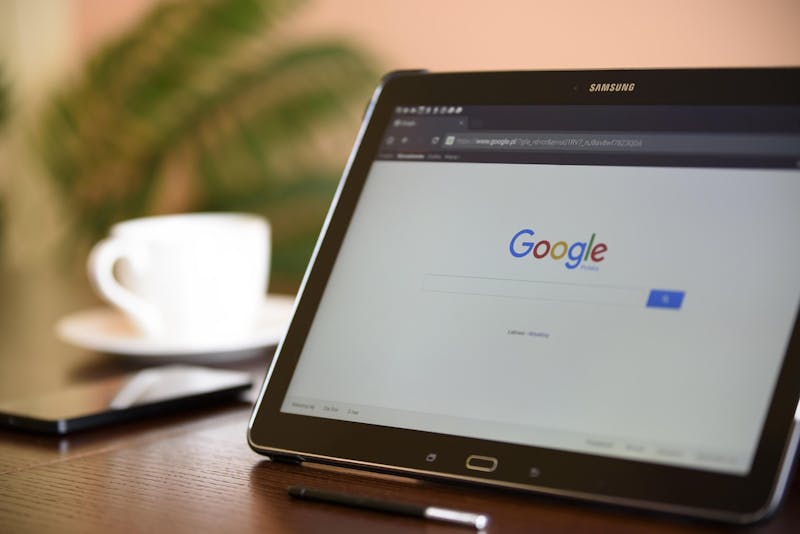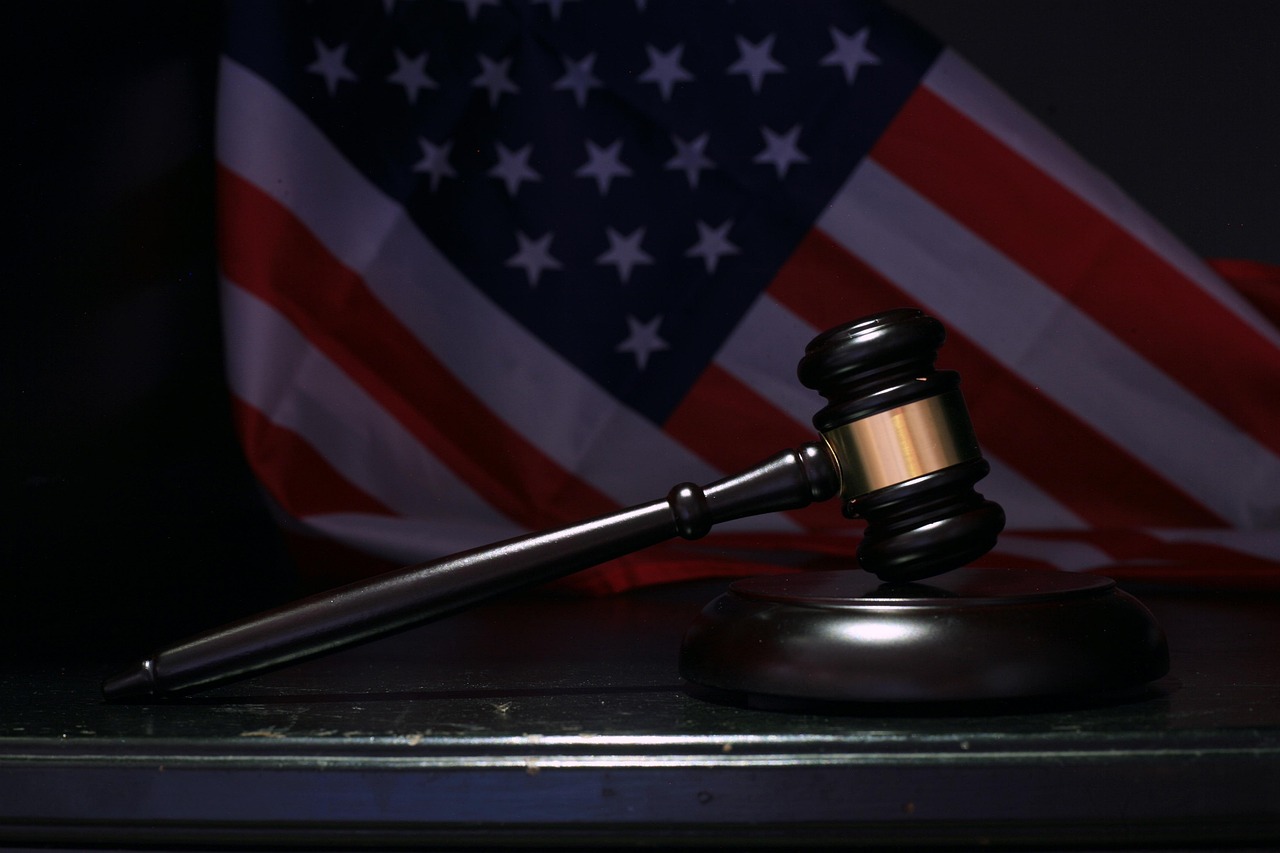
In 2025, Google faced two major crises: a large-scale security incident and a federal jury verdict holding the company liable for privacy violations. Together, these events remind us that even the world’s largest corporations are not immune to cyberattacks, legal accountability, and the consequences of failing to protect user data.
For individuals, businesses, and insurers, the Google case highlights the growing risks of digital security failures and the importance of knowing your rights when big companies mishandle sensitive information. At Vargas Gonzalez Delombard, LLP, we help clients navigate these complex situations - holding corporations accountable through class actions and other forms of litigation.
What Happened in the 2025 Google Data Breach
The breach was not caused by a technical flaw in a Gmail account or Google’s core systems. Instead, hackers used social engineering, a common but dangerous tactic that relies on tricking employees into giving up access.
A hacking group, believed to be ShinyHunters, posed as IT support and called a Google employee. Through this fake “support” call - known as voice phishing or vishing - they convinced the employee to install a malicious program. This program gave the hackers access to Google’s Salesforce database, which contained contact information for millions of small- and medium-sized businesses.
While no Gmail password was directly stolen, the attackers walked away with valuable business data. This information has already been used in phishing attacks – scam emails and calls aimed at tricking Google users into sharing personal details, clicking on harmful links, or paying fraudulent invoices.
In response, Google issued a broad warning to its 2.5 billion Gmail users to update their passwords, enable stronger authentication, and be extra cautious about suspicious emails. The breach serves as a sharp reminder: the weakest link in cybersecurity is often human error, not the technology itself.
The Class Action Lawsuit and $425 Million Verdict
While Google was dealing with the fallout of the breach, another major legal battle came to a close. In September 2025, a U.S. federal jury ruled that Google had illegally tracked users even after they turned off their “Web & App Activity” settings.
The jury found that Google collected private data across nearly 174 million devices, affecting around 98 million users. For this violation, Google was ordered to pay $425 million in damages.
This verdict is one of the largest privacy-related awards in recent years. It sends a clear message: companies must respect user privacy settings and be transparent about how they collect and use personal data.
Why It Matters
These two events—the breach and the class-action ruling—demonstrate how data and privacy risks are not just technical issues, but legal and financial ones as well. Here’s why they matter:
- For Consumers: Your personal and business data can be exposed even if you never “opted in.” Scammers use this information to target victims with convincing fraud attempts.
- For Businesses: When customer information is mishandled, companies face reputational damage, lost trust, and possible lawsuits.
- For Insurers: Breaches like this raise questions about coverage. Does a cyber insurance policy cover social engineering attacks? What about legal defense costs or payouts from class actions?
- For the Legal System: Courts are showing they are willing to hold even tech giants like Google accountable. This sets important precedents for future privacy and cybersecurity litigation.
At its core, the Google case is about trust. People trust companies to protect their data. When that trust is broken, the consequences can be long-lasting.

Protecting Yourself After a Data Breach
While the legal system works to hold corporations accountable, individuals and businesses can take steps to protect themselves:
- Update Passwords: If you use Gmail or Google Workspace, change your password immediately. Use strong, unique passwords for each account.
- Enable Multi-Factor Authentication: Add an extra layer of security by requiring more than just a password to log in.
- Stay Alert to Phishing: Be cautious of emails or calls asking for personal information. Hackers often disguise themselves as trusted companies.
- Review Insurance Policies: If you own a business, confirm that your cyber liability policy covers social engineering and breach-related claims.
How Our Law Firm Helps with Data Breach and Privacy Claims
At Vargas Gonzalez Delombard, LLP, we fight to protect your rights when large corporations mishandle sensitive information. Whether you’ve been impacted by a data breach or privacy violation, our team helps you:
- Understand Your Rights: We break down what happened and how it affects you.
- File or Join Class Actions: We guide you through collective lawsuits, so your voice is heard.
- Seek Fair Compensation: From financial losses to loss of privacy, we pursue justice on your behalf.
- Navigate Insurance Coverage: We analyze policies and hold insurers accountable for covering breach-related claims.
When powerful companies put your personal information at risk, we make sure they answer for it.


